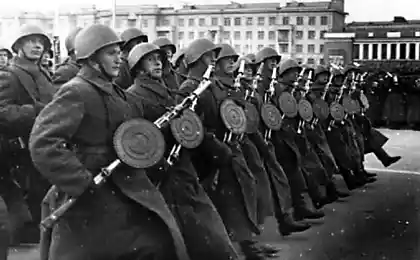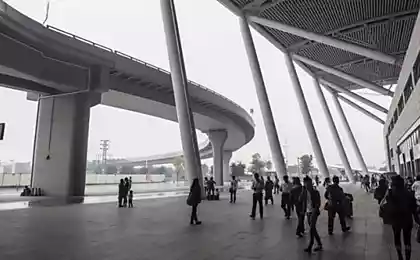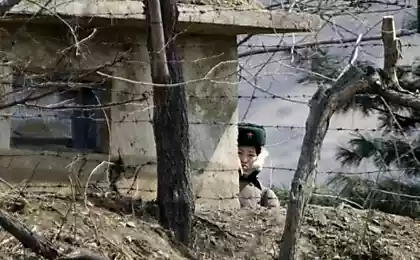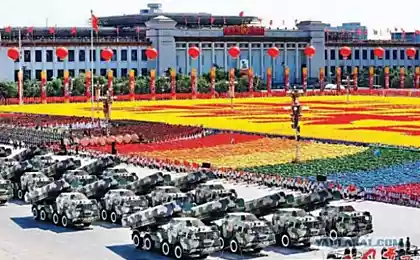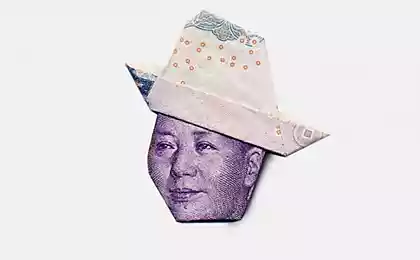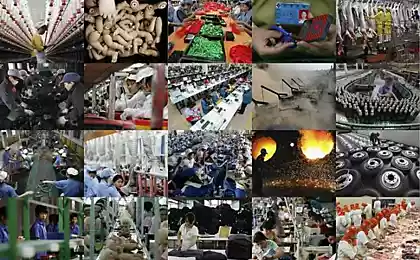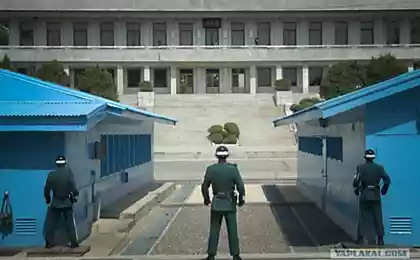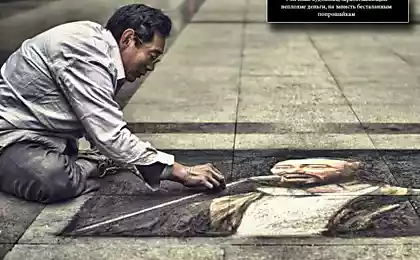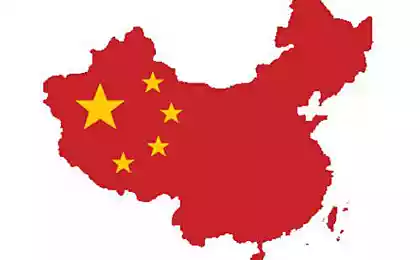650
The difference of Chinese mentality from the West
The Chinese differ from Westerners — in their Outlook, behavior, reactions, preferences. Written volumes of literature, scholarly works devoted to this issue. But I guess if you lived in China for a certain number of years and worked with the Chinese side by side, it is unlikely that you will become an expert on the Chinese mentality. And even after a dozen years spent in China and memorized classical pieces, you can sadly shake your head and admit that I do not understand these Chinese.
I found it interesting series of graphic illustrations made by Chinese artist Yang Liu. To 14 years she lived in China, then moved to Germany. Due to this, it seems to me, could quite clearly display the difference of Eastern and Western approaches to life. Of course, China is changing rapidly and modernizarea. And maybe after some time, some postulates from this scheme will become obsolete. Moreover, any scheme is a generalization. And there are always exceptions to the rule.
On a blue background is presented, as it is in the West, red in China.
Freedom of expression
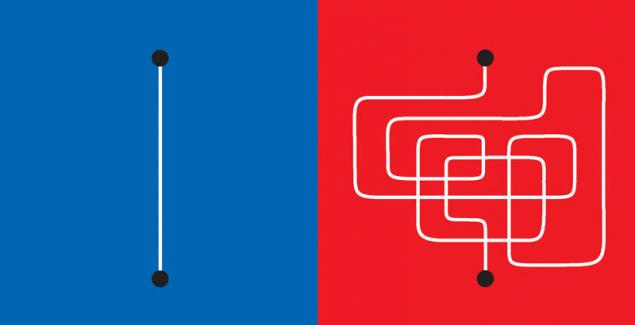
I think this illustrates not only the freedom of expression, but in General the way to achieve the goal. Western man clearly sees the goal and goes to her. Chinese is the same winding way. Moreover, Eastern culture does not focus on the goal and on the way to it is important, not the result but the process. And this path will never be straight. Direct tracks go only evil spirits-GUI. This feature is inherent in speech is due to the fact that the Chinese language has many homophones* very often a situation arises when interlocutors misunderstand each other. Therefore, the Chinese are one and the same speak several times, in different words, figuratively describing the situation. Europeans will say it is much faster, with a minimum number of words and phrases.
*Homophones — words that sound the same but are spelled differently and have different meanings.
Punctuality
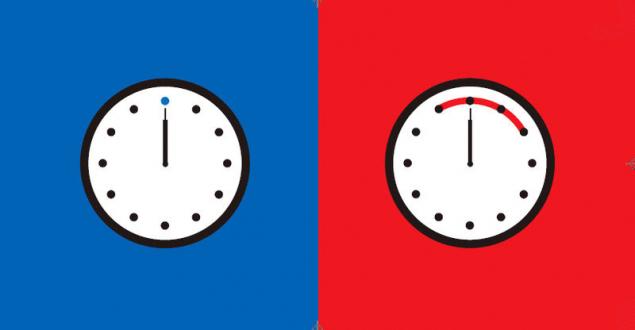
French king Louis XVIII (1814-1824) was credited with the phrase "punctuality is the politeness of kings and the duty of all good people." Since that time, Europe begins a rapid development of etiquette. The Chinese have a more diffuse framework. However, if the Chinese wants to please you, it will appear on the second, and sometimes much in advance.
The behaviour in the queue
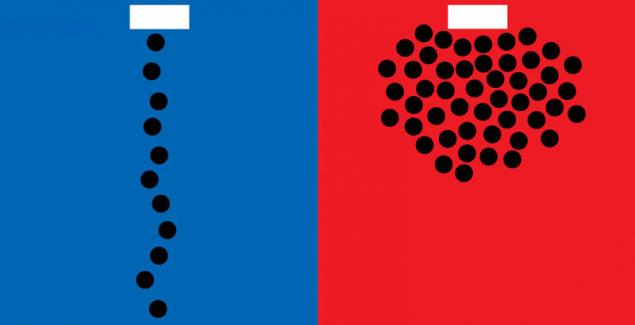
The Chinese queue is something that has stumped me. Very often the Chinese are just that — a handful. And as space rush to the goal, actively working with his elbows. Who did not — that was late. If you ask politely let you in, they'll do it no questions asked.
The noise level in public areas
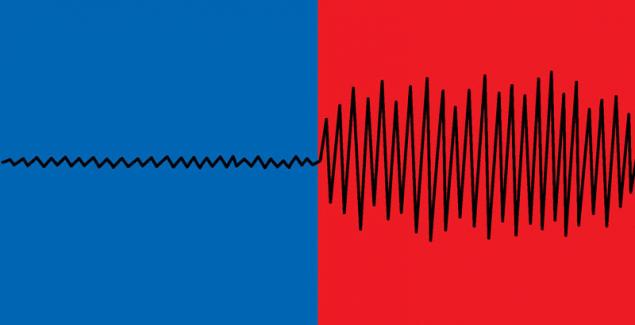
Yes, in Europe in public places in General is much quieter than in China. There talking all and loud. However, get used to it.
Social communication
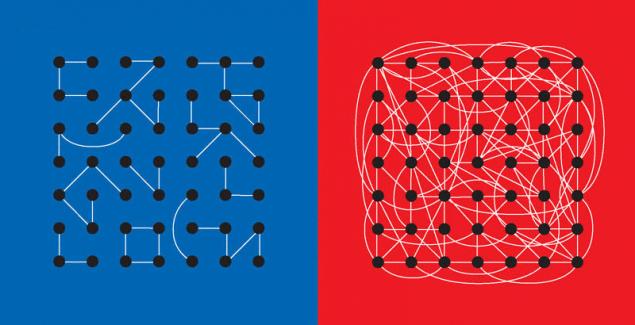
Western society is more atomic, humans have not so many personal connections. In China, personal networks play a very important role. In fact, all achieved through personal connections. Therefore, one gets the feeling that the person is literally in the web of various relationships — family, friendships, service. This is pretty easy to solve many issues. However, it is also a serious obstacle.
Approach to solving problems
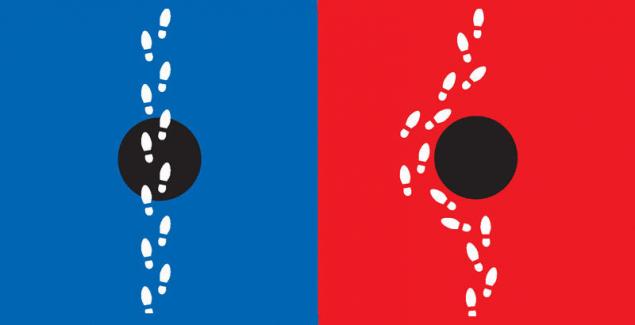
If the problem can be circumvented, the Chinese will do it. This is the art of Tao is not to break through the thicket, and around obstacles, just as the water wraps around the stone.
Own Ego
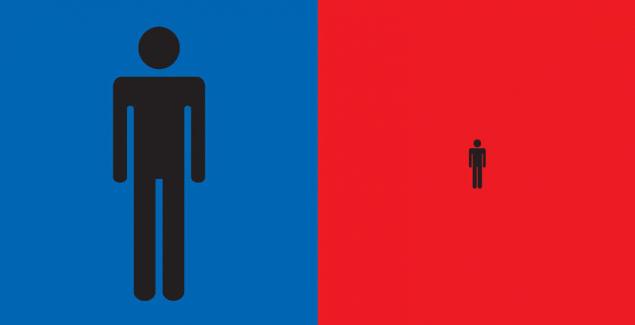
The idea of human rights, inviolability of person and private property in Europe have a long history. Their origins can be found in ancient and Christian philosophy, these topics seriously was developed by European philosophers since the XVII century (Hobbes, Locke, etc.).
Collectivism is one of the characteristics of the Chinese. Ego is criticized in traditional teachings (Confucianism, Taoism) and Buddhism. Ego is something that hides from man of the Tao, the true nature of reality. From Ego need to get rid of. In the West, by contrast, cultivated individualism.
Relationship with the head
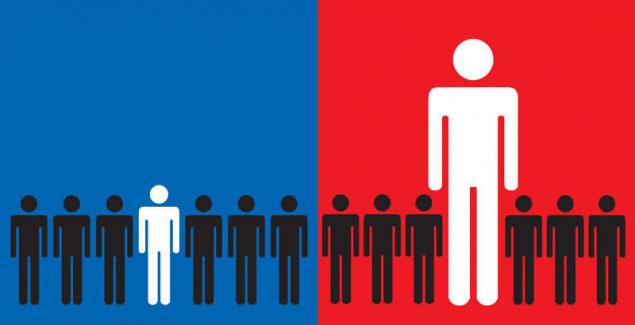
Between supervisors and subordinates in China develop vertical relations of the type "senior — Junior", which are governed by the Confucian principles of "paternal love" and "FILIAL piety". Even if head age is younger than the subordinate.
Related to the sun and health in General
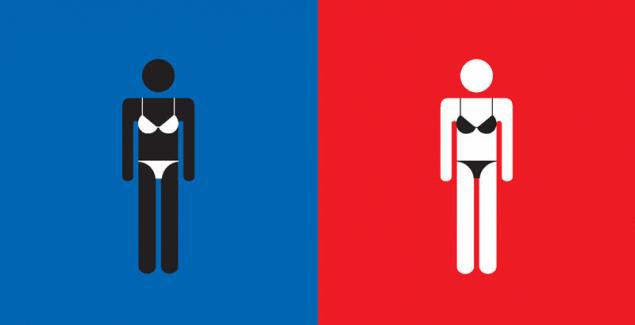
In the last century that is tanned toned body was in the West a symbol of health. Many Europeans have spent hours on the beach or in solariums to get a bronze skin tone. The days when fashion was white leather, and tan was the lot of a commoner, a thing of the past. However, now the trend has changed to more cautious: people are afraid of getting cancer of the skin.
Chinese women, by nature having dark skin, not very eager under the sun. On a hot Sunny day, many hiding under umbrellas.
Behavior in journeys and travels
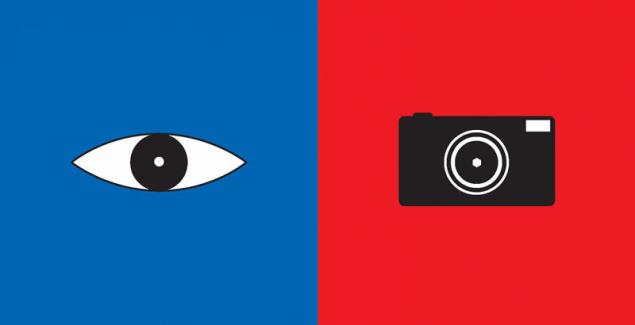
Comparing Caucasians and Chinese, I was under the impression that the Chinese (and especially Japanese) taking pictures a lot more. Furthermore, they love to be photographed. It is sometimes difficult to take a picture of some object, because there is definitely looming Chinese woman or a couple who take the most unimaginable poses while someone takes pictures. As soon as they leave, in their place appear new. No matter what you're waiting on photography. However, the behavior of the queues mentioned above.
Three meals a day
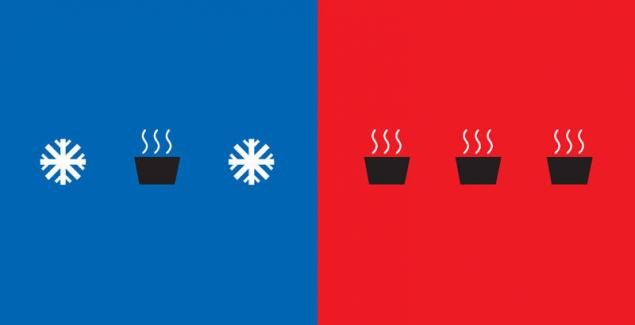
Europeans and Americans often prepared from semi-finished products. The Chinese, especially the middle and older generations, prefer a freshly prepared meal or food. However, the youth also buys finished products and feed on them.
Popular dishes
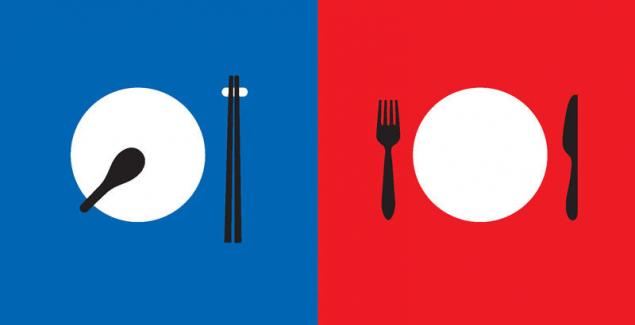
I would call this item "Exotic dishes", because the Western man still more common and popular is Western food and Chinese — Chinese. But exotic all the way around. For us exotic — Oriental cuisine and Chinese — European cuisine. European food in China is much more expensive than the Chinese ones. At the same time (subjective opinion), good at cooking European dishes Chinese people don't know how.
Preferences in beverages
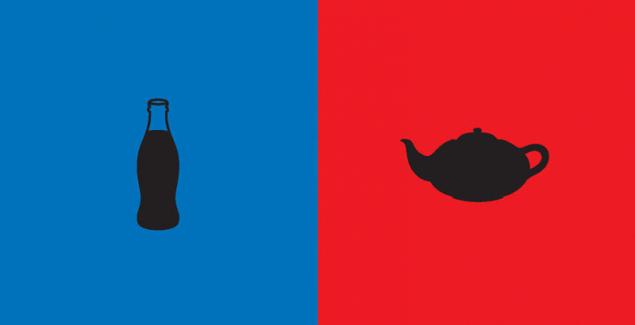
The fact that all Chinese without exception drinking tea is not quite true. Good tea is very expensive. Therefore, many Chinese still prefer plain water.
Relation to weather and life situations
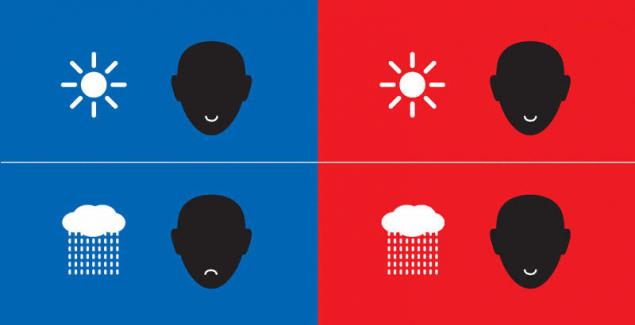
To save face in all situations — even one as Chinese. It is, above all, about educated Chinese or anyone who wants to please you. I have not once had to deal with those who have been very unhappy expression, and all who showed contempt for everyone and everything.
The behavior at the party

At parties in Europe often arranged buffet. Society is divided into groups. The Chinese often sit around a large communal table, where the circle exhibited all the dishes. To fend off companies — not very politely.
Popular types of transport
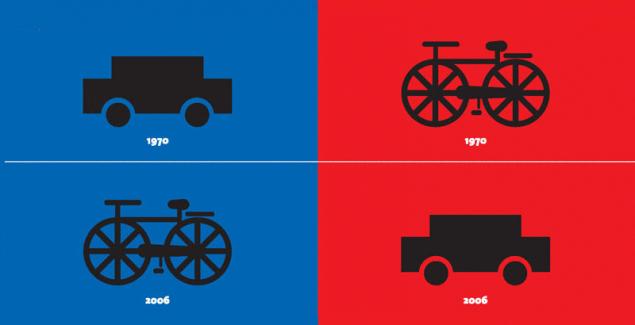
Every year in Chinese cities is becoming more and more cars and bikes less and less. Reduced the number of bike lanes. On the roads, more congestion, introduced strict measures to curb the growth of personal transport. In Europe we see the opposite effect — in many countries the population is concerned about environmental issues and healthy lifestyle, and therefore readily transplanted to two-wheeled transport. Everywhere you can find rental bikes, lots of bike lanes.
The attitude to elders
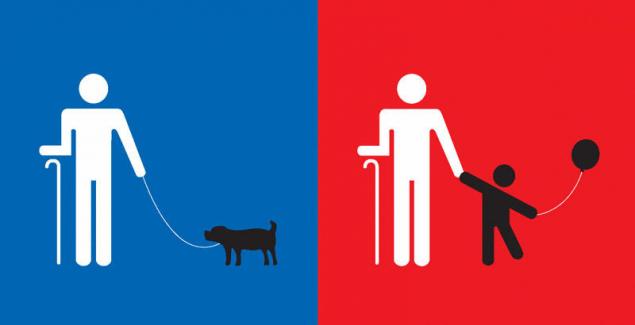
The Chinese have not such a developed pension system, as in European countries. The care of the older generation often falls on their children and grandchildren. Moreover, in traditional society, the older generation carries the knowledge, traditions that it should pass the youth. However, in the Chinese streets are not widely seen grandparents with their grandchildren. Sometimes one gets the impression that China is a country of young people, the elderly can be found only in parks or near homes.
The position of the baby in the family
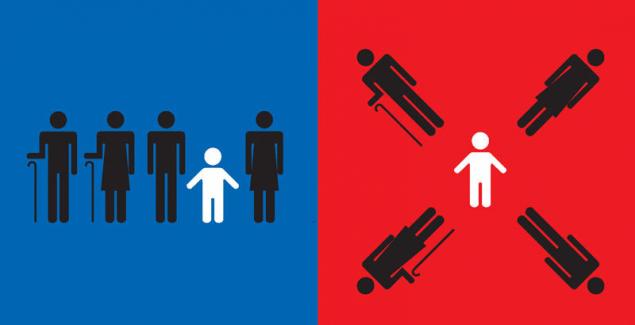
In China child — "little Emperor." Until about 5 years of age the child is allowed to do whatever he wants. In public areas you can often see kids that are on everyone's mind defecate — they even wear special pants with a slit. Perhaps this is largely a consequence of the policy of birth control, which only applies to Han: "One family — one child". However, once the child starts school, he will have a lot of responsibilities. As stated in one of the ancient principles, "Teacher — master student — slave." In Western countries children included in the society. They have no special privileges except those that arise from their age and physical capabilities.
And in Russia?On the Internet I found another picture, which in schematic form shows three types of mentality: European, Chinese and Russian (in the broad sense). The author is unknown. However, many things, in my opinion, is noticed to be fairly accurate.
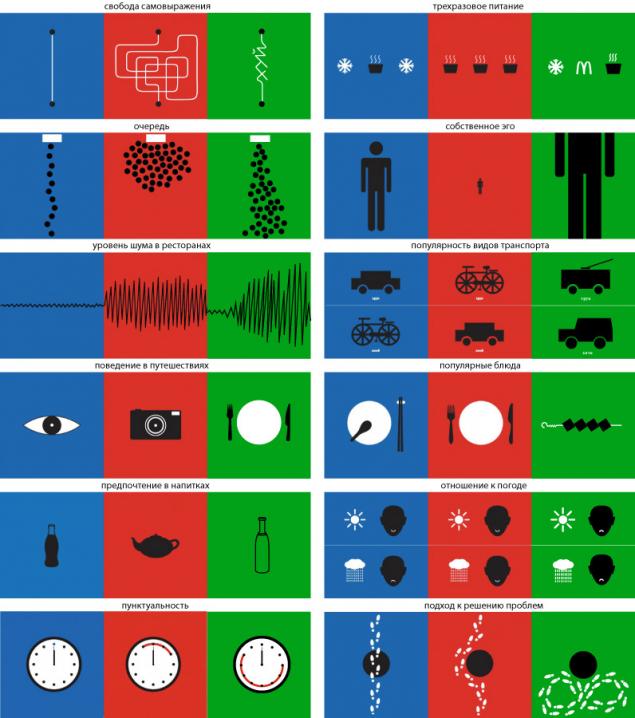
Again, to every rule there are many exceptions. The above schedule reflects only General trends. And another important point: the Chinese society is changing rapidly. A traditional quality is preserved only in the older and middle generations, while young people more and more westernized becomes a carrier of Western values. Also in China a very big difference between city and village. The village still maintains traditional way of life, a traditional relationship. So maybe after some number of years many of the provisions obsolete. However, while overall we see a picture here.
And I would also like to discuss this topic with those in other countries in East, South and South-East Asia. In your opinion, are there any differences from the Chinese mentality? What they closer? published
Author: Maria Analina, Illustrations © Yang Liu
P. S. And remember, only by changing their consumption — together we change the world! ©
Source: anashina.com/otlichie-kitajskogo-mentaliteta-ot-zapadnogo/
I found it interesting series of graphic illustrations made by Chinese artist Yang Liu. To 14 years she lived in China, then moved to Germany. Due to this, it seems to me, could quite clearly display the difference of Eastern and Western approaches to life. Of course, China is changing rapidly and modernizarea. And maybe after some time, some postulates from this scheme will become obsolete. Moreover, any scheme is a generalization. And there are always exceptions to the rule.
On a blue background is presented, as it is in the West, red in China.
Freedom of expression

I think this illustrates not only the freedom of expression, but in General the way to achieve the goal. Western man clearly sees the goal and goes to her. Chinese is the same winding way. Moreover, Eastern culture does not focus on the goal and on the way to it is important, not the result but the process. And this path will never be straight. Direct tracks go only evil spirits-GUI. This feature is inherent in speech is due to the fact that the Chinese language has many homophones* very often a situation arises when interlocutors misunderstand each other. Therefore, the Chinese are one and the same speak several times, in different words, figuratively describing the situation. Europeans will say it is much faster, with a minimum number of words and phrases.
*Homophones — words that sound the same but are spelled differently and have different meanings.
Punctuality

French king Louis XVIII (1814-1824) was credited with the phrase "punctuality is the politeness of kings and the duty of all good people." Since that time, Europe begins a rapid development of etiquette. The Chinese have a more diffuse framework. However, if the Chinese wants to please you, it will appear on the second, and sometimes much in advance.
The behaviour in the queue

The Chinese queue is something that has stumped me. Very often the Chinese are just that — a handful. And as space rush to the goal, actively working with his elbows. Who did not — that was late. If you ask politely let you in, they'll do it no questions asked.
The noise level in public areas

Yes, in Europe in public places in General is much quieter than in China. There talking all and loud. However, get used to it.
Social communication

Western society is more atomic, humans have not so many personal connections. In China, personal networks play a very important role. In fact, all achieved through personal connections. Therefore, one gets the feeling that the person is literally in the web of various relationships — family, friendships, service. This is pretty easy to solve many issues. However, it is also a serious obstacle.
Approach to solving problems

If the problem can be circumvented, the Chinese will do it. This is the art of Tao is not to break through the thicket, and around obstacles, just as the water wraps around the stone.
Own Ego

The idea of human rights, inviolability of person and private property in Europe have a long history. Their origins can be found in ancient and Christian philosophy, these topics seriously was developed by European philosophers since the XVII century (Hobbes, Locke, etc.).
Collectivism is one of the characteristics of the Chinese. Ego is criticized in traditional teachings (Confucianism, Taoism) and Buddhism. Ego is something that hides from man of the Tao, the true nature of reality. From Ego need to get rid of. In the West, by contrast, cultivated individualism.
Relationship with the head

Between supervisors and subordinates in China develop vertical relations of the type "senior — Junior", which are governed by the Confucian principles of "paternal love" and "FILIAL piety". Even if head age is younger than the subordinate.
Related to the sun and health in General

In the last century that is tanned toned body was in the West a symbol of health. Many Europeans have spent hours on the beach or in solariums to get a bronze skin tone. The days when fashion was white leather, and tan was the lot of a commoner, a thing of the past. However, now the trend has changed to more cautious: people are afraid of getting cancer of the skin.
Chinese women, by nature having dark skin, not very eager under the sun. On a hot Sunny day, many hiding under umbrellas.
Behavior in journeys and travels

Comparing Caucasians and Chinese, I was under the impression that the Chinese (and especially Japanese) taking pictures a lot more. Furthermore, they love to be photographed. It is sometimes difficult to take a picture of some object, because there is definitely looming Chinese woman or a couple who take the most unimaginable poses while someone takes pictures. As soon as they leave, in their place appear new. No matter what you're waiting on photography. However, the behavior of the queues mentioned above.
Three meals a day

Europeans and Americans often prepared from semi-finished products. The Chinese, especially the middle and older generations, prefer a freshly prepared meal or food. However, the youth also buys finished products and feed on them.
Popular dishes

I would call this item "Exotic dishes", because the Western man still more common and popular is Western food and Chinese — Chinese. But exotic all the way around. For us exotic — Oriental cuisine and Chinese — European cuisine. European food in China is much more expensive than the Chinese ones. At the same time (subjective opinion), good at cooking European dishes Chinese people don't know how.
Preferences in beverages

The fact that all Chinese without exception drinking tea is not quite true. Good tea is very expensive. Therefore, many Chinese still prefer plain water.
Relation to weather and life situations

To save face in all situations — even one as Chinese. It is, above all, about educated Chinese or anyone who wants to please you. I have not once had to deal with those who have been very unhappy expression, and all who showed contempt for everyone and everything.
The behavior at the party

At parties in Europe often arranged buffet. Society is divided into groups. The Chinese often sit around a large communal table, where the circle exhibited all the dishes. To fend off companies — not very politely.
Popular types of transport

Every year in Chinese cities is becoming more and more cars and bikes less and less. Reduced the number of bike lanes. On the roads, more congestion, introduced strict measures to curb the growth of personal transport. In Europe we see the opposite effect — in many countries the population is concerned about environmental issues and healthy lifestyle, and therefore readily transplanted to two-wheeled transport. Everywhere you can find rental bikes, lots of bike lanes.
The attitude to elders

The Chinese have not such a developed pension system, as in European countries. The care of the older generation often falls on their children and grandchildren. Moreover, in traditional society, the older generation carries the knowledge, traditions that it should pass the youth. However, in the Chinese streets are not widely seen grandparents with their grandchildren. Sometimes one gets the impression that China is a country of young people, the elderly can be found only in parks or near homes.
The position of the baby in the family

In China child — "little Emperor." Until about 5 years of age the child is allowed to do whatever he wants. In public areas you can often see kids that are on everyone's mind defecate — they even wear special pants with a slit. Perhaps this is largely a consequence of the policy of birth control, which only applies to Han: "One family — one child". However, once the child starts school, he will have a lot of responsibilities. As stated in one of the ancient principles, "Teacher — master student — slave." In Western countries children included in the society. They have no special privileges except those that arise from their age and physical capabilities.
And in Russia?On the Internet I found another picture, which in schematic form shows three types of mentality: European, Chinese and Russian (in the broad sense). The author is unknown. However, many things, in my opinion, is noticed to be fairly accurate.

Again, to every rule there are many exceptions. The above schedule reflects only General trends. And another important point: the Chinese society is changing rapidly. A traditional quality is preserved only in the older and middle generations, while young people more and more westernized becomes a carrier of Western values. Also in China a very big difference between city and village. The village still maintains traditional way of life, a traditional relationship. So maybe after some number of years many of the provisions obsolete. However, while overall we see a picture here.
And I would also like to discuss this topic with those in other countries in East, South and South-East Asia. In your opinion, are there any differences from the Chinese mentality? What they closer? published
Author: Maria Analina, Illustrations © Yang Liu
P. S. And remember, only by changing their consumption — together we change the world! ©
Source: anashina.com/otlichie-kitajskogo-mentaliteta-ot-zapadnogo/
